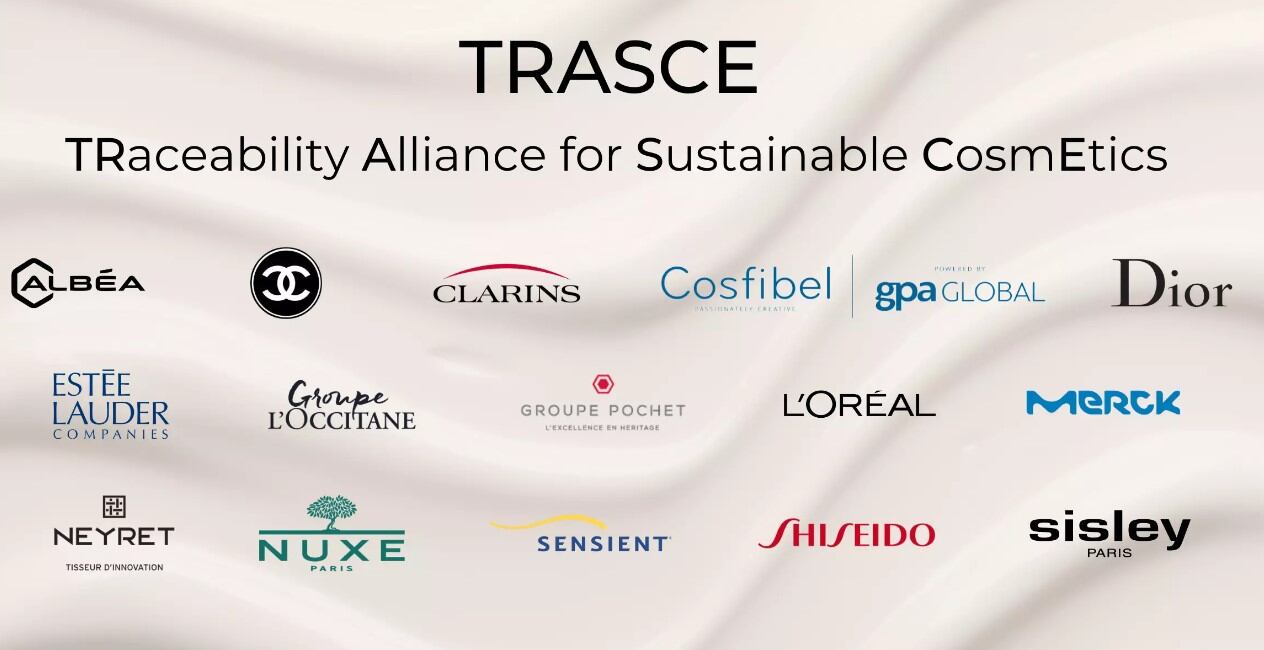The alliance, which was initiated by Chanel, unites the luxury brand with Albéa, Clarins Group, Cosfibel powered by GPA Global, Dior, Estée Lauder Companies, L’Occitane en Provence, L'Oréal Groupe, Merck, Neyret, Nuxe, Pochet Group, Sensient, Shiseido and Sisley.
TRASCE is a response to three major challenges the industry is currently facing in terms of sustainability and regulation changes. It aims to: strengthen the understanding of the cosmetics industry supply chains, to assess related social and environmental risks, and to determine what action needs to be taken to help suppliers become more sustainable.
The initiative is also supported by FEBEA (Fédération des Entreprises de la Beauté), as ‘official sponsor’.
The companies said they will work collectively on a digital platform, Transparency-One, to map out their supply chains across the whole value chain.
Previous difficulties convincing 'distant tier suppliers'
International director of purchasing and packaging innovation development packaging at Chanel Parfums Beauté, Julien Garry, noted in a statement that in the past, it has been difficult for a single client to convince its distant tier suppliers to commit to this process, when they do not exchange directly with them or when they do not meet the same regulatory requirements. “Based on this observation, we proposed that the actors of the sector join forces to trace our supply chains as far and as quickly as possible,” said Garry.
Director of responsible development for the Clarins Group, Guillaume Lascourrèges, said the company had already been working for many years to “improve its knowledge of its partners and control of its ecosystem.”
“Our commitment to the TRASCE project, alongside other players in the cosmetics industry, is to pool our demands to strengthen the duty of vigilance throughout the value chain,” he continued.
Meanwhile, VP CSR and product sustainability at Albéa Cosmetics & Fragrance, Gilles Swyngedauw, noted that cosmetics packaging will have to revolutionise in the years to come, particularly to adapt to changing regulations. “We've been working on these issues for years,” he shared.
“As a global player in the sector, it soon became clear to us that we needed to create a common methodology to harmonise needs across the industry and achieve our goals by involving as many stakeholders as possible.”


